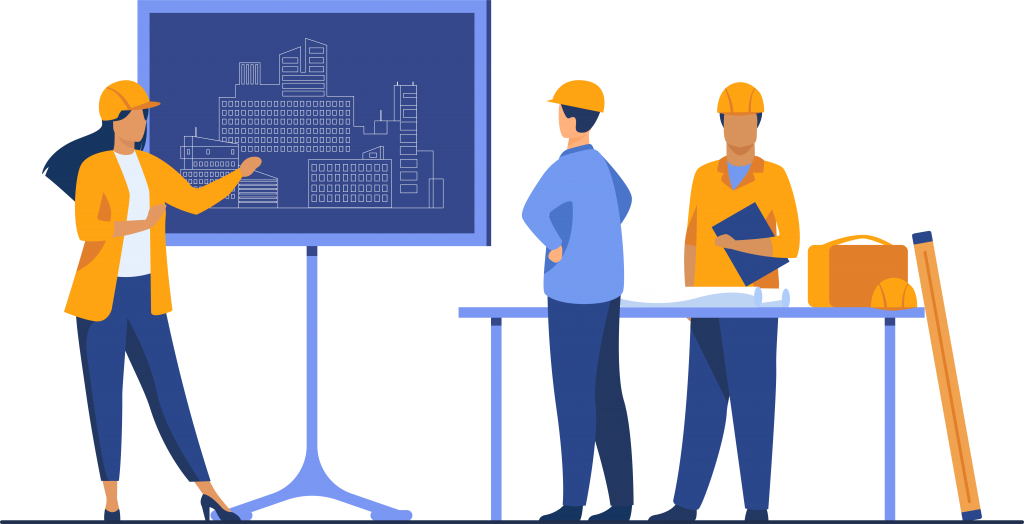



The European Framework for Action on Cultural Heritage looks at cultural heritage as a resource for the future, to be safeguarded and enhanced. In this context, the commission has been supporting the conservation and restoration of heritage sites. Experts of Architectural Restoration are provided by universities through two or four years of education and their duties in the restoration areas are planning the restoration and doing the elaborative works. Remaining works are implemented by workers who do not have sufficient information on how to restore these works or how to work in historical places. The result of this situation directly affects the quality of the work since these low-skilled workers tend to make mistakes due to their lack of knowledge. The key competences of these workers are not fully developed since the training provided to these workers is generally on basic construction skills not restoration skills. Finding qualified workers for restoration is difficult in almost all European countries. The skills and qualifications inside Europe are not transparent and they are not consistent with each other.
The REVET project is aimed to provide training opportunities to low qualified and skilled restoration workers via an online platform. The training is planned as the European Curriculum to contribute to the transparency of the skills and qualifications. Skills Platform to be developed by this project provides an opportunity to develop skills agendas in a targeted, innovative and sustainable way and to include those directly involved in the provision, application, and updating of specific skills. Through this platform and training contents developed depending on the skills on the demand in the labour market, personal skills are supported. Intellectual outputs developed for the RE-VET project are;
– Preparation of framework through Comparison of Current National Competencies for Restoration Workers: The REVET project will produce a European wide curriculum to contribute to the transparency of the skills so the first action will be comparing the training curriculum and finding out the required skills for restoration workers in all partner countries. Partners will make desk researches and focus meetings to find out these skills and competences.
– European Curriculum Based on ECVET: After completing the framework that has the information on the needed skills and competencies of restoration workers in Europe, partners will prepare a curriculum based on the results of the first step. The curriculum will be piloted by experts from the fields to ensure its efficiency.
– Training materials for the construction workers: Partners will develop training modules at EQF4 level for low-skilled and low-qualified workers. The foreseen modules are Workplace safety, Protecting the environment, Construction elements, Disaster management. The modules of the project will not be limited to these but may include these.
– Content-rich e-learning platform: Since the target group is low skilled they do not have much budget or time for self-development. Therefore, the project will provide free and easy to reach the platform with training materials. The platform will be enriched with learning materials and visuals to attract the user.
– Guide for integrating the training content to VET: The prepared platform, training materials, and training curriculum is planned to be used alone but we will provide VET providers a guide on how to integrate these outputs to their training and how to use them in their lessons.
